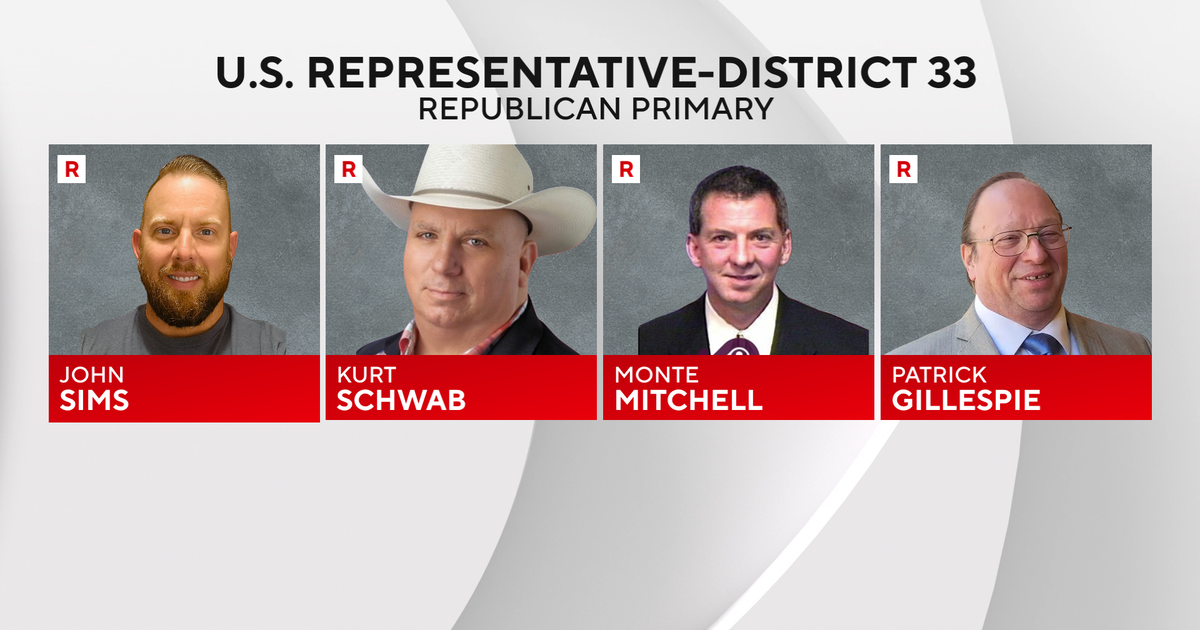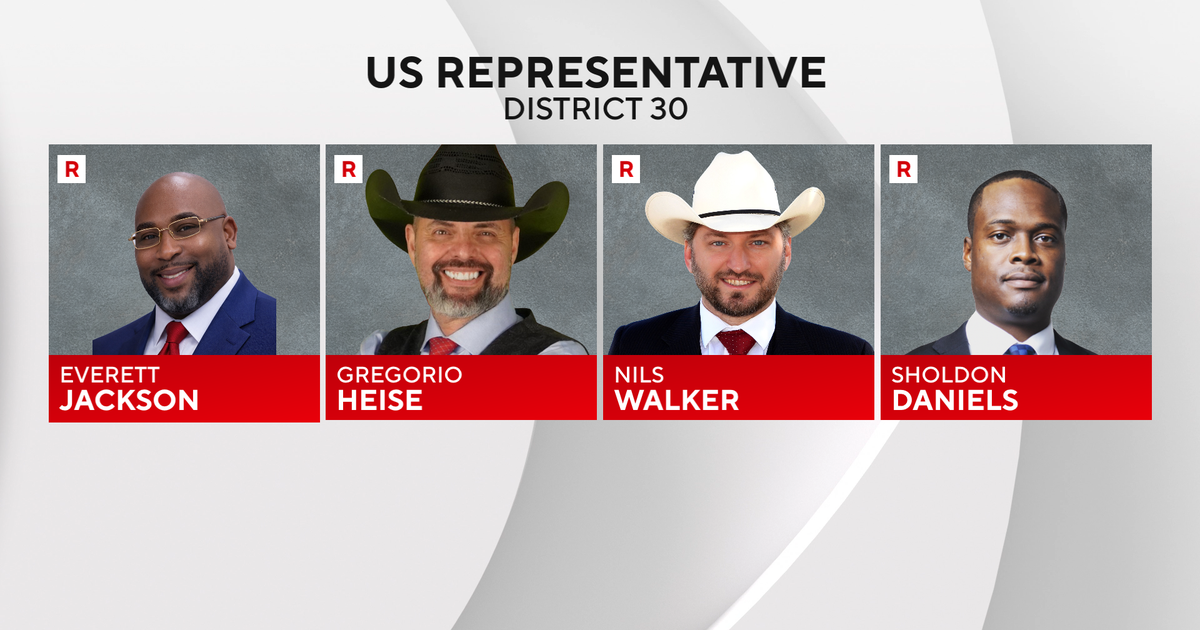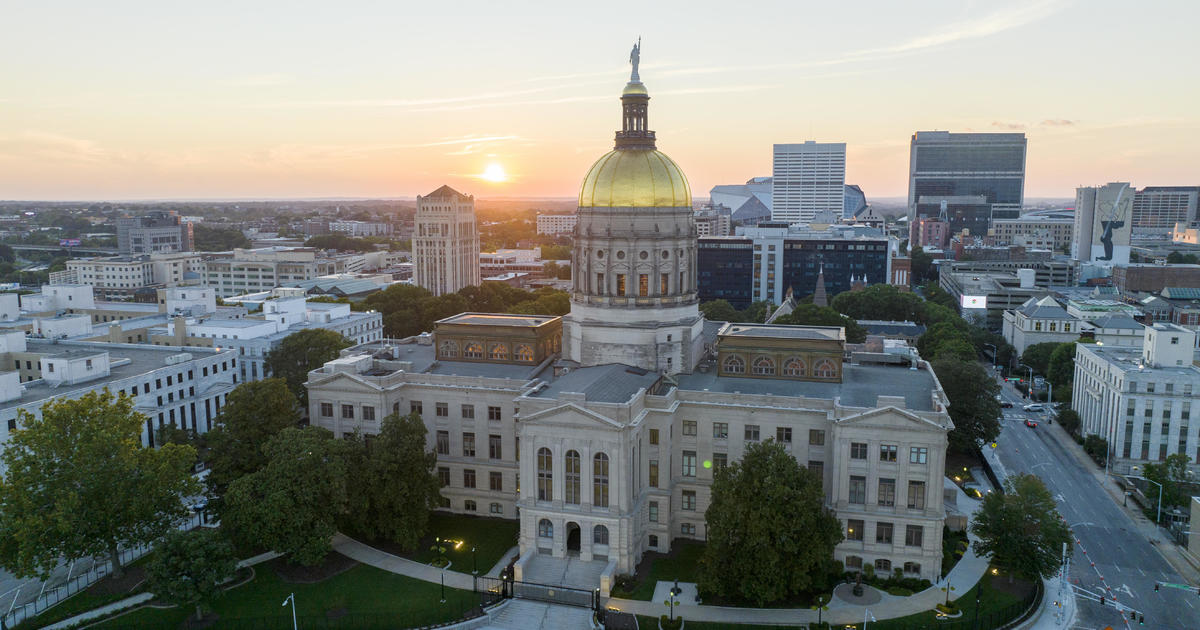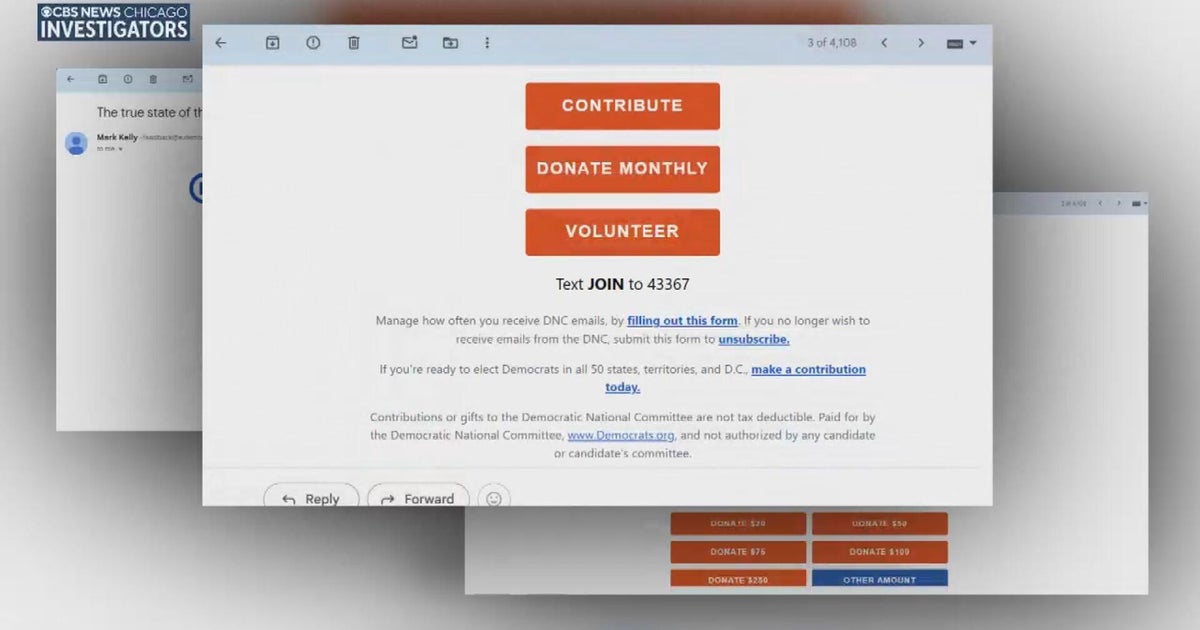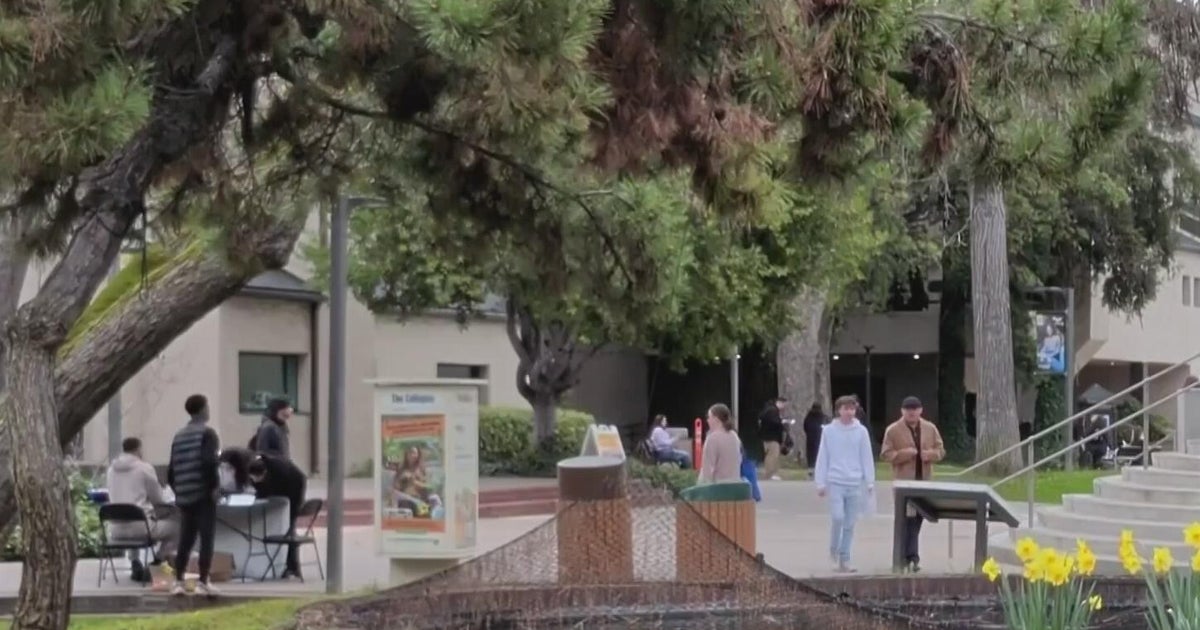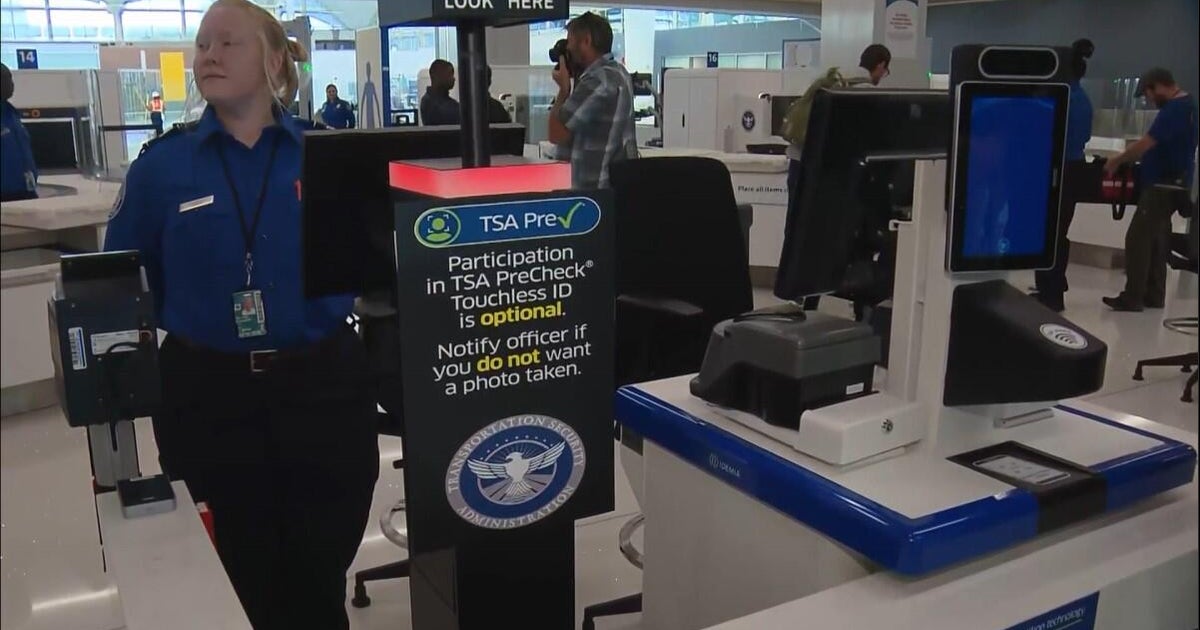Wisconsin GOP-Led Legislature Approves Election Law Changes
MADISON, Wis. (AP) — The Republican-controlled Wisconsin Legislature passed bills Tuesday that would make it more difficult to vote absentee — proposals that were all but certain to be vetoed by Democratic Gov. Tony Evers but that GOP lawmakers said were needed to address issues that arose during last year's presidential election.
The measures are part of a national push by Republicans to change voting laws following former President Donald Trump's defeat in November and his bogus claims that there was widespread fraud and abuse. Trump lost to Democrat Joe Biden by about 20,600 votes in Wisconsin, an outcome that withstood a partial recount and numerous state and federal lawsuits.
Democratic Sen. Jeff Smith decried the bills as a "continuation of the big lie from Trump."
"What is going on in this country when it comes to elections is shameful and a terrible risk that we run in not only making our democracy weaker but dismantling democracy."
Republicans said their intent was to improve election security and confidence in elections, not to perpetuate conspiracy theories.
Republican Sen. Duey Stroebel, a key sponsor of the legislation, said he was trying to create "some reasonable, transparent, consistent rules."
Wisconsin Republican lawmakers have introduced more than a dozen bills that would change the state's election laws. Evers has signaled that he would veto any that reach his desk, meaning none of them would take effect.
The Senate passed a bill that would prohibit local elections officials from filling out missing voter information on the absentee ballot certificate, which also serves as the envelope, that voters use to return ballots.
Trump sought to disqualify about 5,500 absentee ballots in Democratic-leaning Dane and Milwaukee counties where election clerks filled in missing address information on the certification envelope.
Clerks had been filling in missing information on the certification envelopes for a dozen elections prior to November's, based in part on guidance from the Wisconsin Elections Commission. After Trump lost, Republicans questioned the legality of the practice since state law doesn't specifically allow it.
Under the bill, any absentee ballot missing information would be returned to the voter to fix. Officials who fill in the missing information would be committing election fraud, which is punishable by up to a $10,000 fine and three years in prison.
Another bill the Senate passed would disallow ballot collection events any earlier than two weeks before an election. They would also have to be located near the local clerk's office and staffed by workers from there.
That change is in response to the Democracy in the Park event held in Madison city parks last year where volunteers collected absentee ballots before the early voting period started two weeks prior to the election.
The bill also would prohibit someone other than a member of the voter's immediate family or a legal guardian from returning a completed absentee ballot for another person. Violators would be guilty of a felony.
Trump argued in a lawsuit that no ballots should be counted that were collected at the Democracy in the Park events, or where election officials added missing information. On both of those claims, the Wisconsin Supreme Court said Trump had raised the issues too late and that his claims lacked evidence to back them up.
Three dissenting conservative justices said the laws need to be clarified, leading to the bills up for a Senate vote.
The Assembly passed a bill that would generally prohibit counties and municipalities from accepting grants or donations from private entities to help run elections. If the state elections commission received a private grant, it would have to award it to each municipality in the state on a per capita basis.
That bill comes after the nonprofit Center for Tech and Civic Life awarded more than $6 million to five Wisconsin cities to help with the November election. The nonprofit's $250 million in grants awarded nationwide were funded by Facebook founder Mark Zuckerberg and his wife. Conservatives sued to stop the funding in Wisconsin, but they lost in federal court.
Republicans have raised particular concerns with how the money was used in Green Bay. State lawmakers have ordered a state audit of the election, including what happened in Green Bay, but it is expected to take months to complete. The Wisconsin Assembly also ordered an investigation.
The measure passed with all Republicans in support and Democrats against. It now heads to the Senate, which passed a similar version earlier. The two bills passed by the Senate now go to the Assembly.
Other Republican-controlled states, including Georgia, Iowa, Texas, Florida and Arizona, have passed laws largely targeting mail-in voting. Republicans in other states have defended the moves as bolstering security and trust in elections, while critics have said they are perpetuating a lie and trying to tamp down turnout of Democrats.
(© Copyright 2021 The Associated Press. All Rights Reserved. This material may not be published, broadcast, rewritten or redistributed.)
